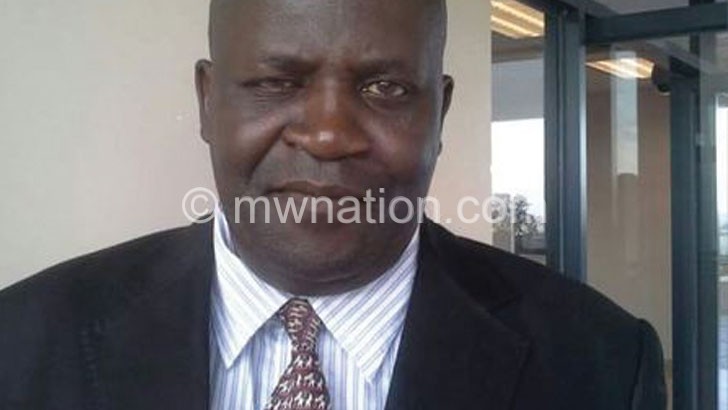
Despite the Aggreko gensets power supply contract being terminated in April this year, consumers are still being charged tariffs for the service.
The Nation has established that the Aggreko tariff has not been removed and Electricity Supply Corporation of Malawi (Escom) is still charging three percent on electricity that it had applied for following the Aggreko deal.
The gensets that added about 78 megawatts (MW) to the national grid were used to beef up power during the peak of load shedding between 2018 and 2019.
In an interview yesterday, Parliamentary Committee on Natural Resources and Climate Change chairperson Welani Chilenga condemned the development, wondering why Malawians are paying Escom for what he termed a “ghost contract”.
He called on Escom to be transparent on the issue, adding that with the continued power outages, it would have been better if another company was engaged to run diesel gensets.

Said Chilenga: “Escom should have come in the open to say why they are collecting money. Otherwise, Malawians are paying for a ghost Aggreko contract.”
He said Malawians pay over K1 billion per month for the Aggreko gensets power supply contract.
But in an interview, Escom chief executive officer Kamkwamba Kumwenda said the money collected under the Aggreko tariff will soon be used to procure gensets by the Electricity Generation Company (Egenco).
He said: “The procurement process of the diesel gensets has already started.”
However, Kumwenda did not specify how much is being collected or has been collected since the Aggreko contract was terminated.
Kumwenda said Escom is also paying more for the electricity compared to what consumers pay.
He added that there are new independent power producers (IPPs) providing power, but there is no tariff for that which means Escom is paying using its own resources.
Ironically, Escom relies on end consumers to sustain its operations.
Kumwenda also lamented that IPPs charge Escom in United States dollars while Escom end user tariffs are in kwacha and when the kwacha depreciates, it is Escom that suffers.
He called on members of Parliament (MPs) to push for an automatic price adjustment mechanism for electricity as is the case with fuel.
“As a result of the recent devaluation ,Escom is paying producers more than what it is charging end user customers. Hence, Escom is suffering,” said Kumwenda.
The Escom CEO further said since the unbundling of Escom, the utility firm has lost K112 billion due to tariffs that are not cost-reflective. He called on MPs to be objective and avoid demonising Escom.
Egenco spokesperson Moses Gwaza yesterday confirmed that the Aggreko tariff is meant to raise money for the procurement of Egenco diesel gensets.
He said: “We will start with [producing] 30 megawatts and we have already advertised [for the gensets],” he said.
However, when asked how much the gensets will cost, Gwaza said he needed to consult.
Malawi Energy Regulatory Authority (Mera) spokesperson Fitina Khonje said her organisation will decide whether to remove the tarrif or let it cater for another function.
She said Escom could not make a determination the decision as the power lies with Mera to do so.
“Mera has not made a determination on the matter. We are waiting for the single buyer [Power Market Limited] to make an assessment of the base tariff in order to make a determination,” said Khonje.
She added that initially the tariff was supposed to be removed in the third year of the current base tariff as that is when Agrekko was supposed to exit.
“There was going to be a removal of 3 percent, but Aggreko did not exist in the third year as Agrekko exited this year. Even after the exit, there was still a need for an assessment of the base tariff and then a determination by Mera,” said Khonje.
The current base tariff will expire in September.
Meanwhile, the Consumers Association of Malawi executive director John Kapito has called for the immediate removal of the tariff, saying consumers are paying for something that is not there.
“They cannot say they will use the tariff to buy gensets. That is not what we had agreed for. They should give back the money. They should remove that tariff,” he said.
Aggreko was providing about 78 megawatts to the national grid. However, the Aggreko contract was deemed to be expensive.
A 2019 power sector audit report noted that power which Escom was buying from Aggreko was too expensive. It was pegged at an average of K216 per kilowatt per hour (Kwh), compared with Egenco’s hydro-generated power, which costs K31.8 per Kwh.
The audit also noted that the purchasing cost of Aggreko’s power at K216 per Kwh was even more expensive than Escom’s electricity selling price of K92.78 per Kwh as of June 30 2019.
Source: The Nation_August 9, 2022_By George Singini-Staff Reporter
